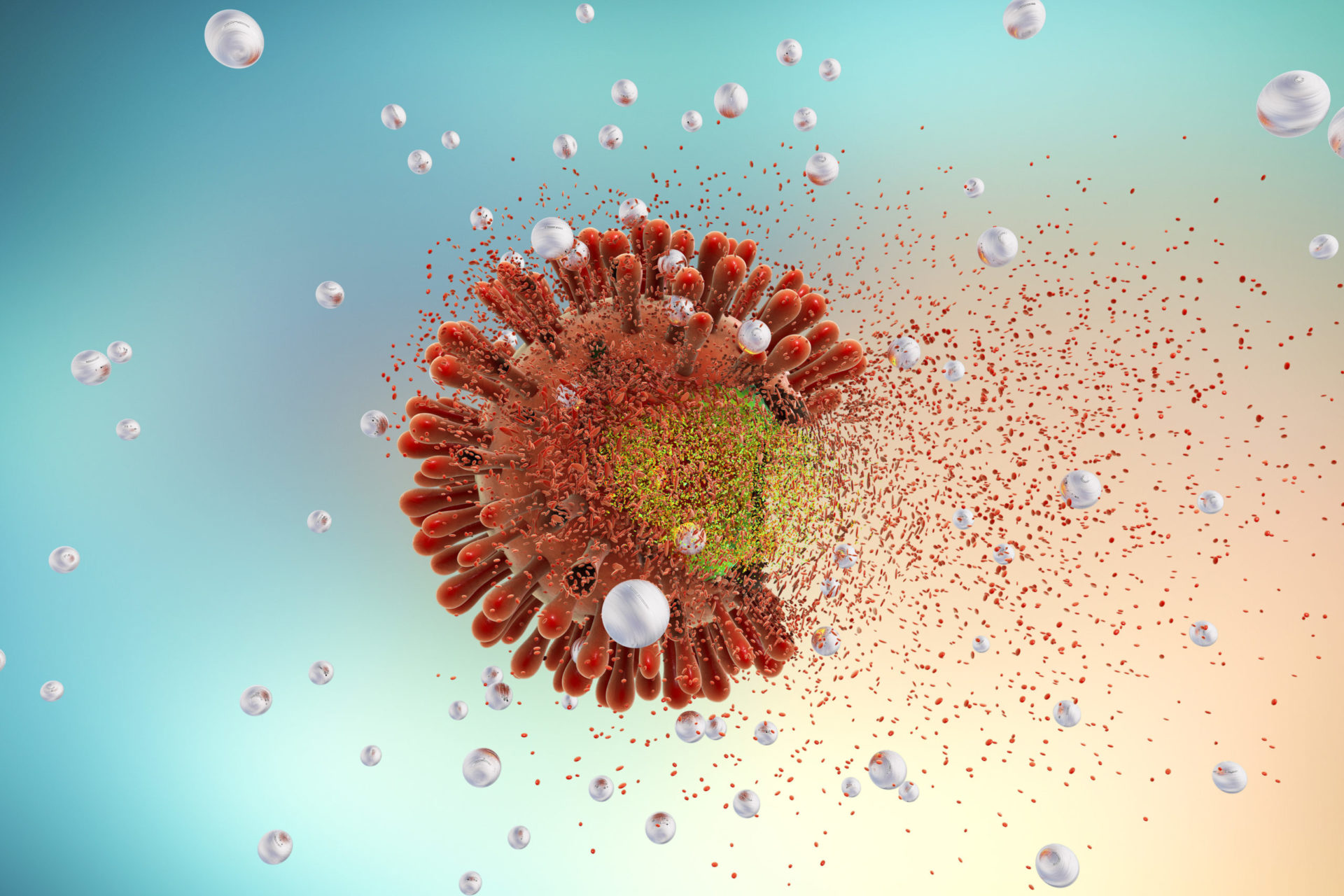Symptoms and stages of HIV infection
Symptoms of HIV at each stage can vary from person to person and some people may not experience symptoms at all for many years. Without antiretroviral treatment, the virus multiplies in the body and causes increasing damage to the immune system. This is why people need to start treatment as soon as possible after testing positive.
Stage 1: Primary acute infection
About 1-4 weeks after becoming infected with HIV, some people will have symptoms of infection. These may not last long (a week or two) and, if they occur (not everyone has symptoms), they are similar to those of the flu. The presence of these symptoms, which are common to many illnesses, is not a clear indication of HIV infection and is not diagnostic.
You should always go to a clinic/hospital or testing center if you are worried or think you are at risk of HIV infection, even if you do not feel ill or have any of the following symptoms. They can help you get tested.
Symptoms may include:
- fever
- rash
- sore throat
- swollen glands
- headaches
- stomach pain
- joint pain
- muscle pain.
These symptoms can occur because your body is reacting to the HIV virus. HIV-infected cells circulate through your bloodstream. Your immune system, in response, tries to attack the virus by producing HIV antibodies – this process is called seroconversion. The time frame varies, but once you have HIV, it can take up to several months to go through the seroconversion process.
It may be too early to get an accurate HIV test result at this point, but one thing is certain: the level of virus in your bloodstream is high now.
Because you may not know that you (or your partner) have HIV, condoms are the most effective way to protect yourself when you have sex. Condom use is especially important if you think you’ve been exposed to HIV.
Stage 2: The asymptomatic stage
Once a person has gone through the acute primary infection stage and the seroconversion process, they can often begin to feel better. In fact, there are cases where HIV causes no further symptoms for 10 or even 15 years (depending on age, history and general health). However, the virus will still be active, infecting new cells and multiplying. HIV can be transmitted at this stage. If left untreated, over time HIV infection will cause serious damage to the immune system.
Stage 3: Symptomatic HIV infection
By this third stage of HIV infection, a person’s immune system is deeply damaged. At this point, serious infections or bacterial and fungal diseases that the body would normally be able to fight off are more likely to occur. These infections are called ‘opportunistic infections’.
Symptoms may include:
- weight loss
- chronic diarrhea
- sweating and fever during the night
- persistent coughing
- mouth and skin conditions
- recurrent infections
- other serious illnesses.
What is AIDS?
It is important to understand the difference between HIV and AIDS. AIDS is a set of symptoms – it is not a virus or a disease in itself.
If a person develops certain infections or serious opportunistic diseases – as a result of damage to the immune system by HIV in advanced stage 3 – they are said to have AIDS. There is no test for AIDS.
If you have advanced HIV infection (with symptoms that define AIDS), it is important to start appropriate treatment as soon as possible. By taking treatment, a person can recover from AIDS-related infections and illnesses and keep HIV under control.
The earlier you are diagnosed with HIV and start treatment, the sooner your health will remain good in the longer term.

